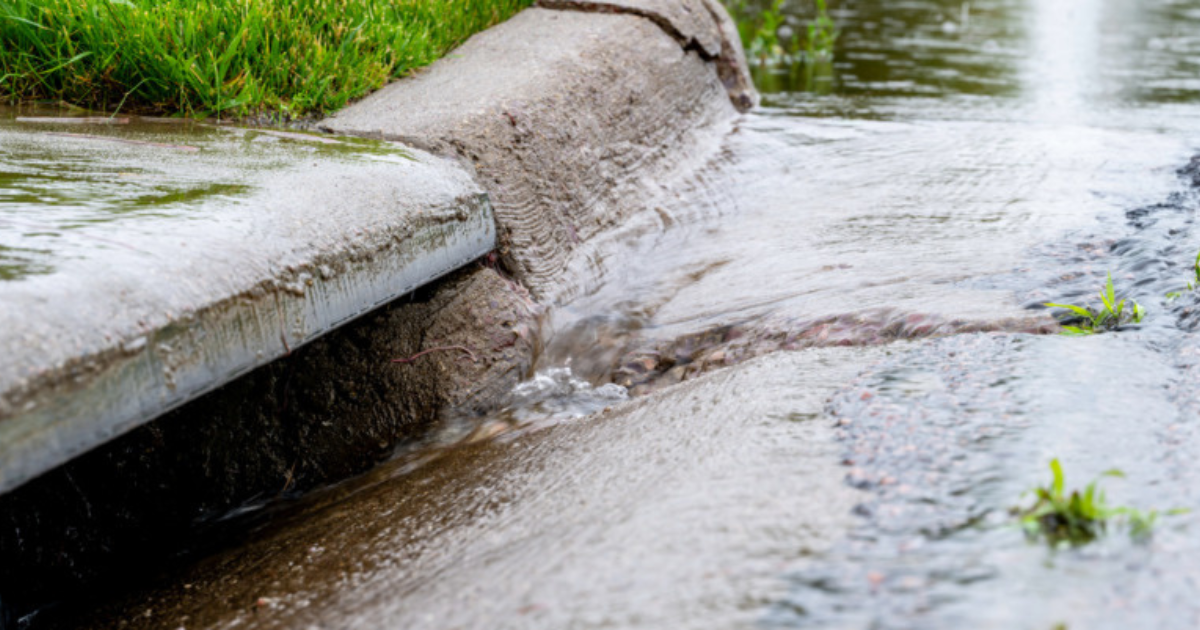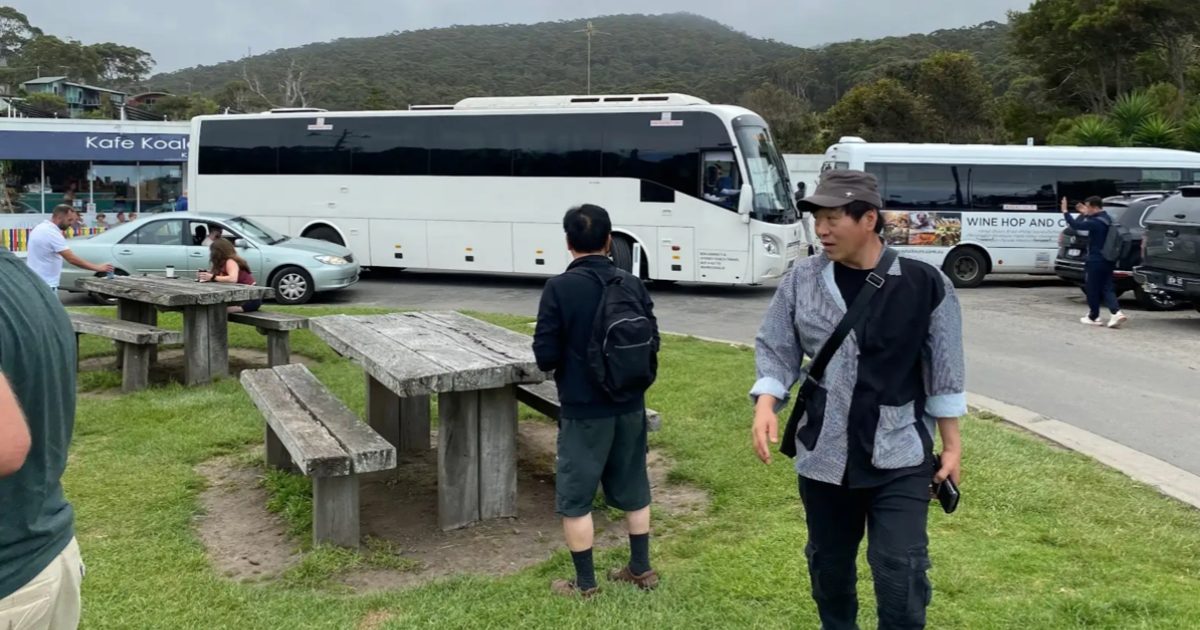COURT CHALLENGE: Lack of consultation could stop seismic testing plan

According to the environmental plan, the seismic testing would be conducted inside the area bordered by the twin blue lines. Photo: NOPSEMA
OPPONENTS of a plan to run large-scale seismic testing for oil and gas off the Otways coast say a recent Federal Court decision could have major implications on whether the proposal will be approved.
The Australian Marine Conservation Society (AMCS) is one of several groups and organisations protesting a plan by energy data company TGS to run the testing run across a 5.5 million hectare area off Victoria’s coast stretching from northern Tasmania to beyond the South Australian border.
Independent regulator National Offshore Petroleum Safety and Environmental Management Authority (NOPSEMA) approved the environmental plan for similar seismic testing at Woodside’s Scarborough project in Western Australia, but the Federal Court last month agreed with a challenge to overrule NOPSEMA’s approval of the Scarborough environmental plan on the grounds that Woodside had not consulted properly with the community.
Officially known as the Otway Basin 3D Multi-client Marine Seismic Survey, the local proposal involves airguns blasting sound into the ocean every 10 seconds.
Groups opposed to the proposal including the Surfrider Foundation and its Surf Coast branch have been highlighting for months the lack of consultation from TGS.
NOPSEMA received more than 30,000 submissions from the public about TGS’ original environmental plan, with almost 20,000 from AMCS supporters.
AMCS is urging TGS to take heed of the Federal Court decision against Woodside, and also claims TGS intends to submit a new environmental plan but not open it to public comment or have a consultation period, even though the resubmitted plan may have changed considerably.
“The AMCS is calling on TGS and SLB-Schlumberger to make their new environmental plan publicly available and enter into a consultation process on this new proposal, which impacts so many endangered species and environmentally sensitive marine areas,” AMCS oil and gas campaign manager Louise Morris said.
“This seismic blasting proposal, if allowed, would see the largest 3D seismic blasting exploration for new oil and gas on record in the world, including over Commonwealth marine parks, blue whale feeding areas, and southern right whale migration and calving grounds.
“We know from Australian research that seismic blasting is lethal for the plankton and krill which form the foundation of the marine food web and are a food source for endangered blue and southern right whales.
“Seismic blasting also severely impacts the feeding, navigation, migration, and wellbeing of whales.
“The blasts are equivalent to a bomb going off every 10-15 seconds, 24 hours a day.
“There is too much at risk for TGS to be able to pass on consultation with its new plan.”
To read the existing environmental plan, head to info.nopsema.gov.au/environment_plans/617/show_public

















